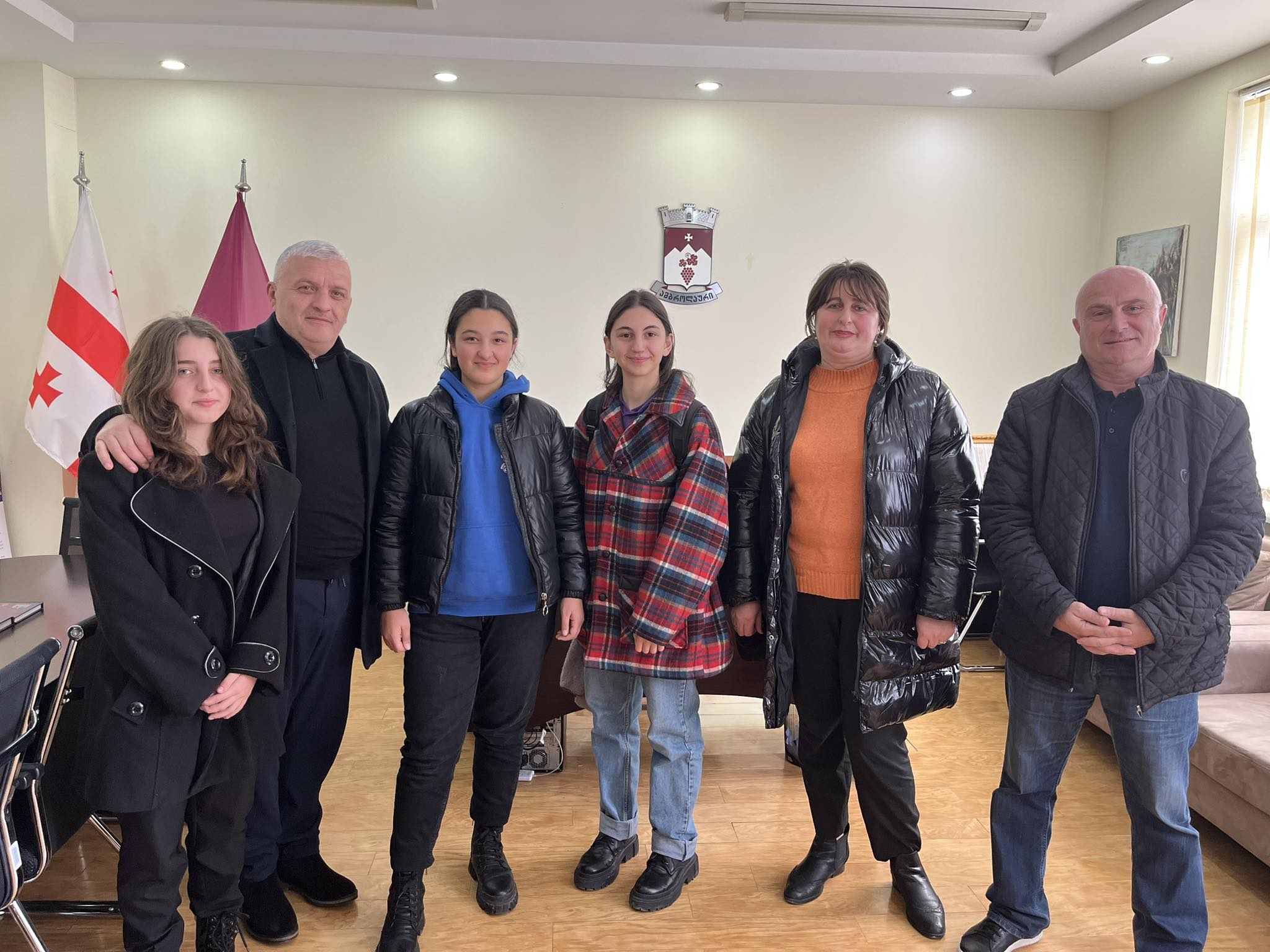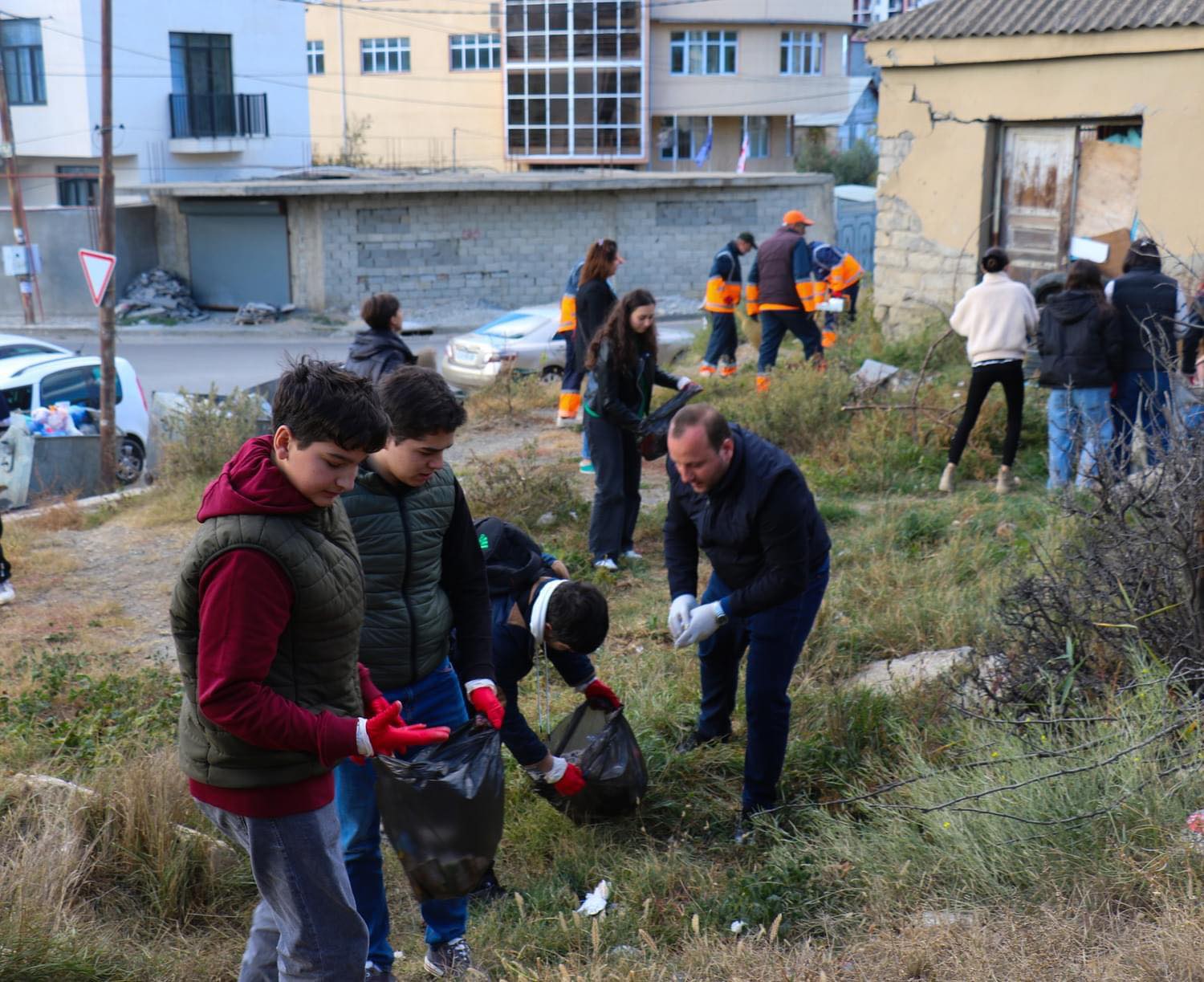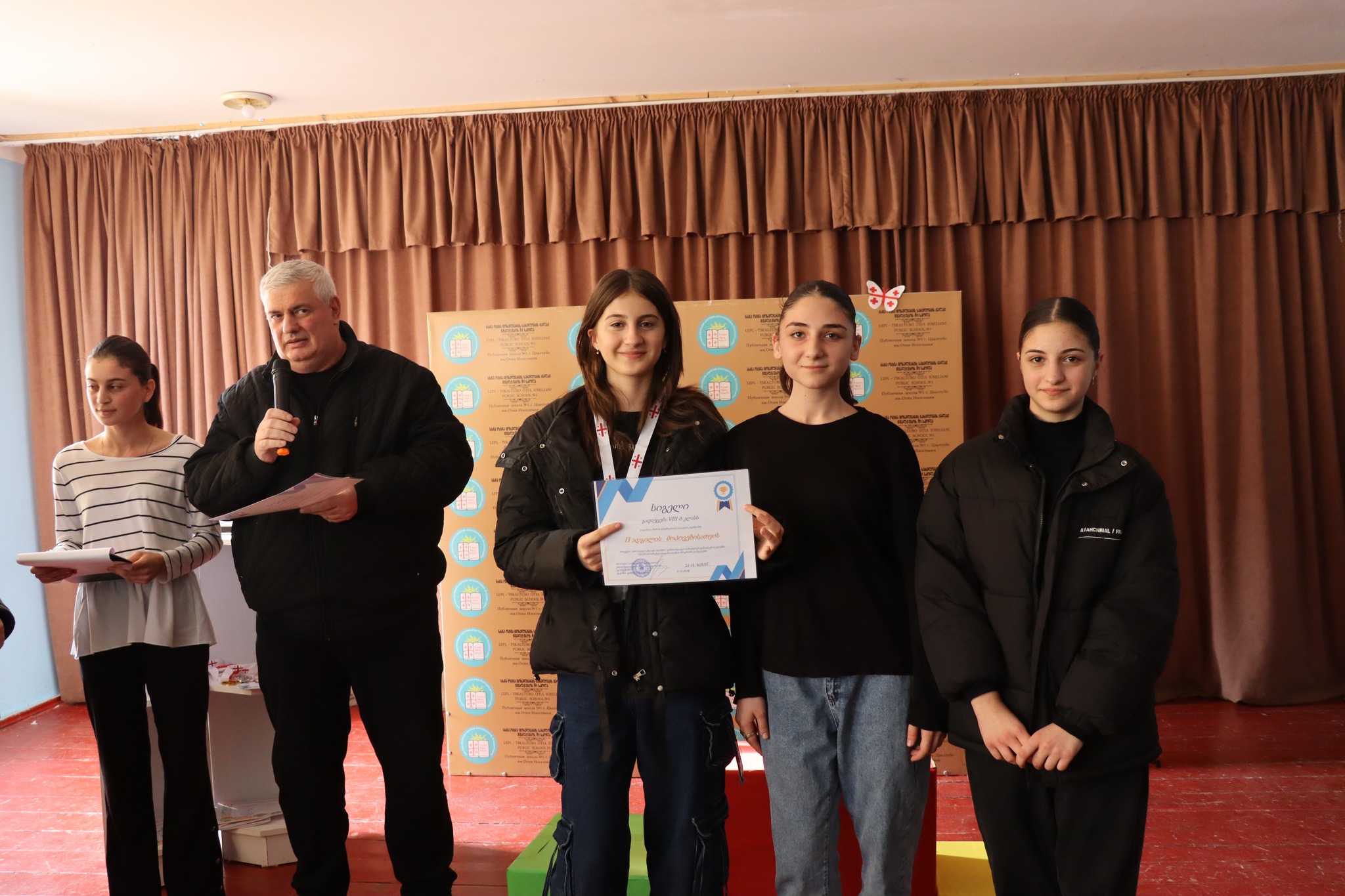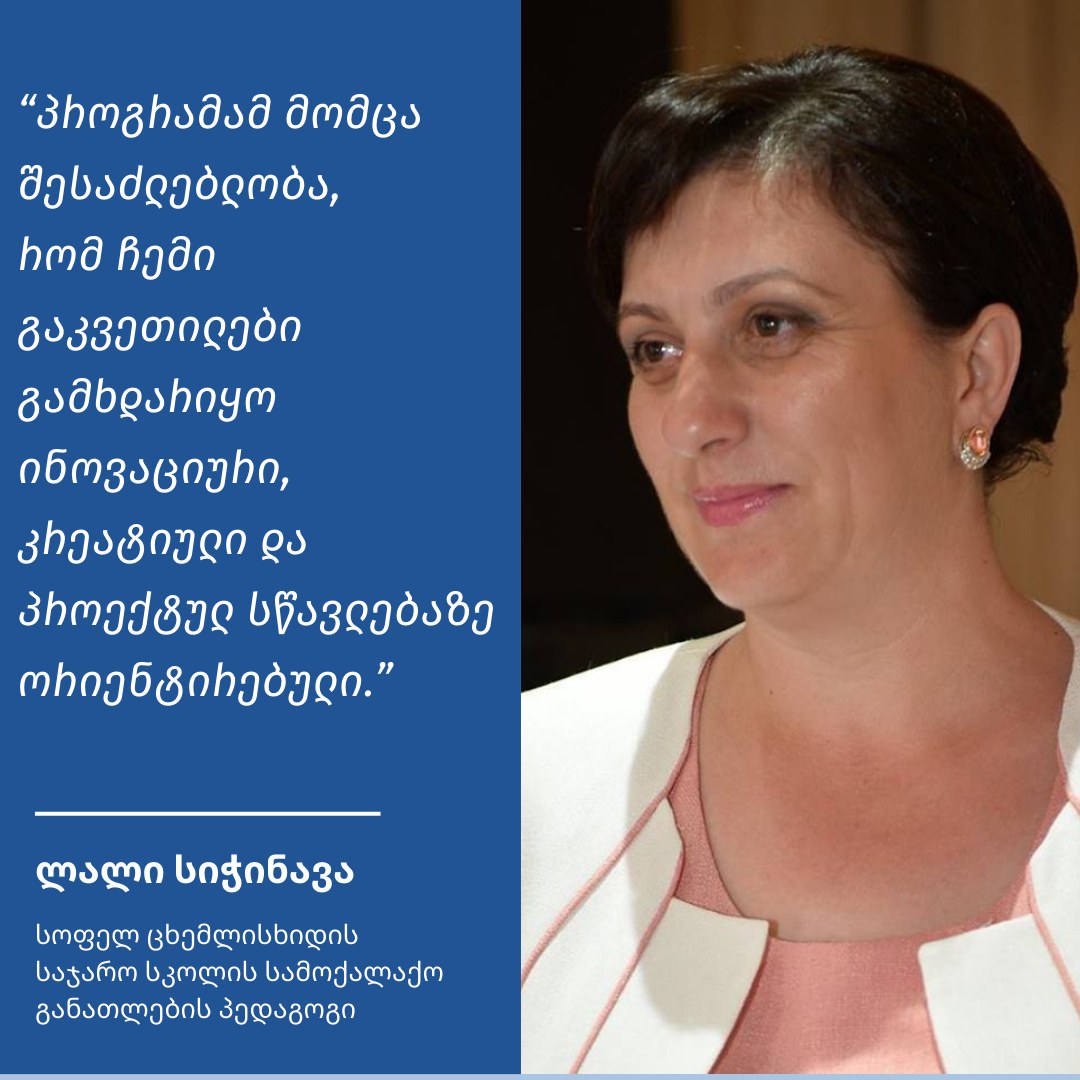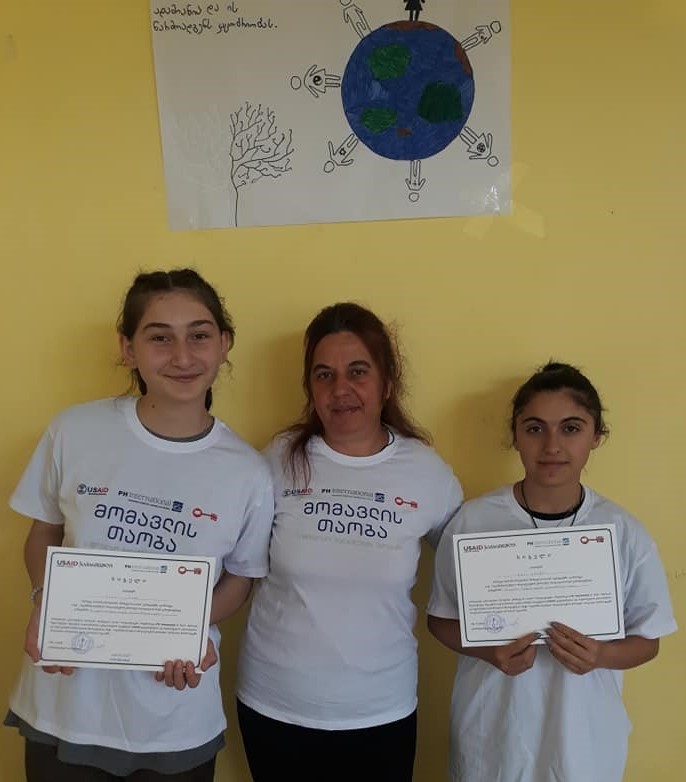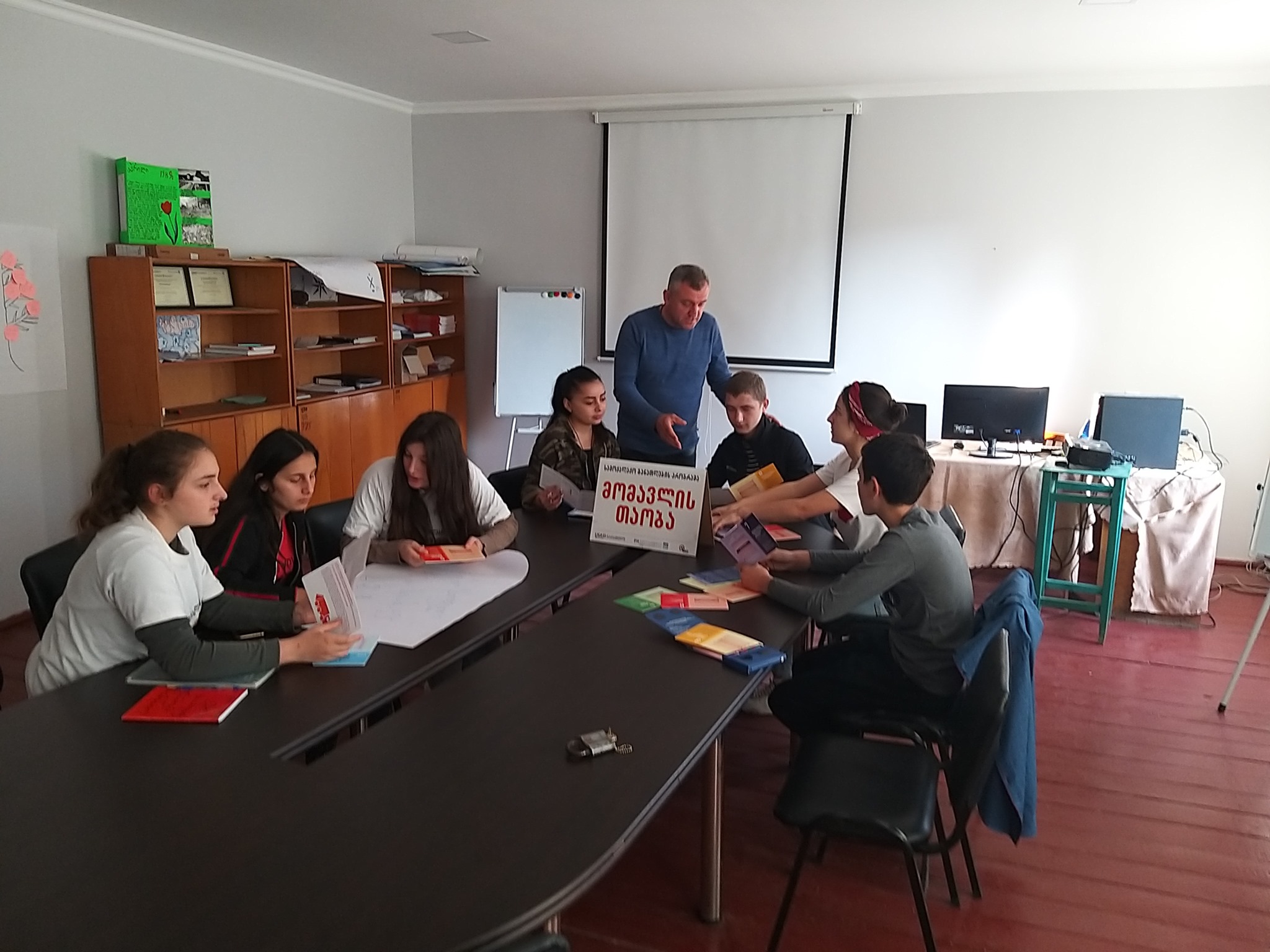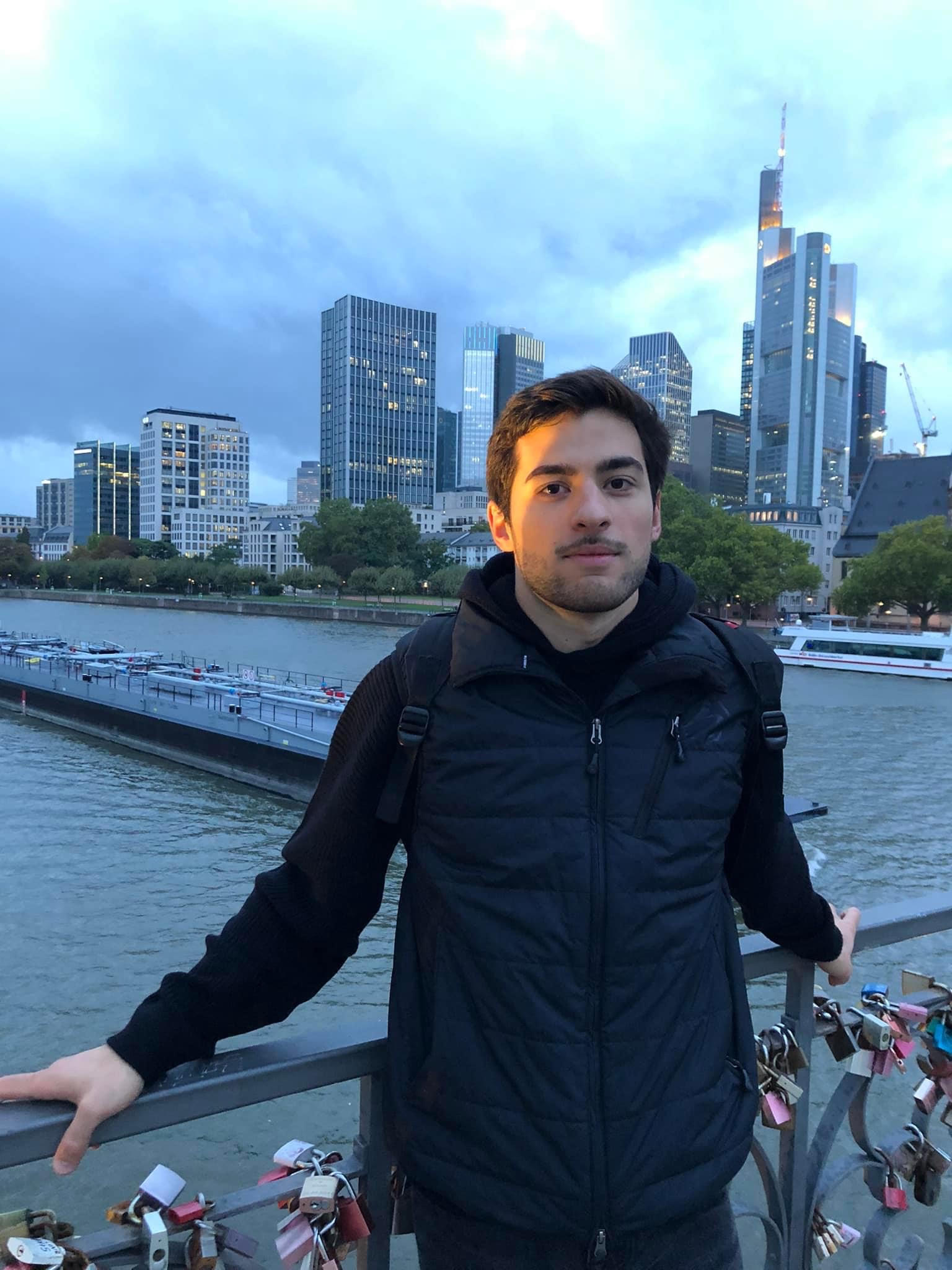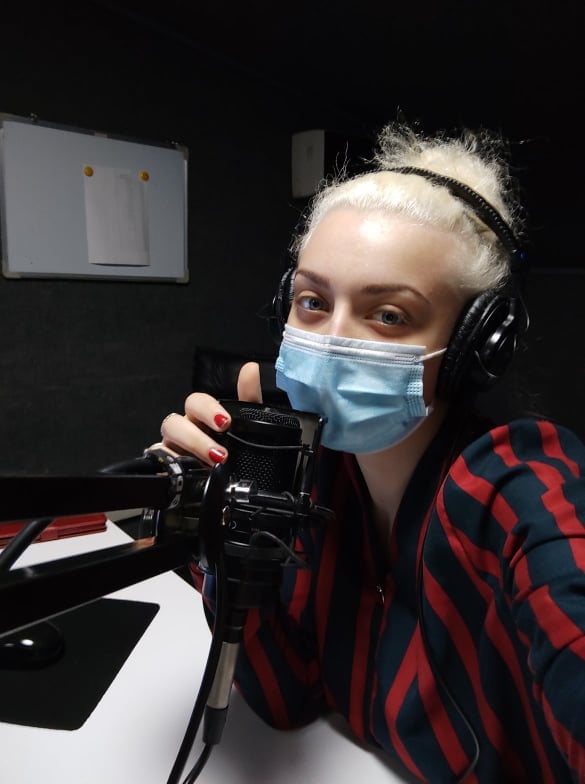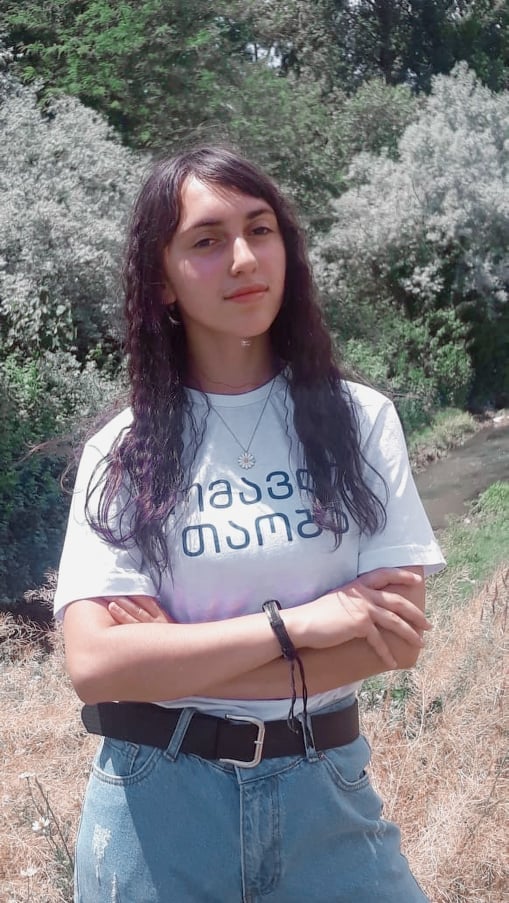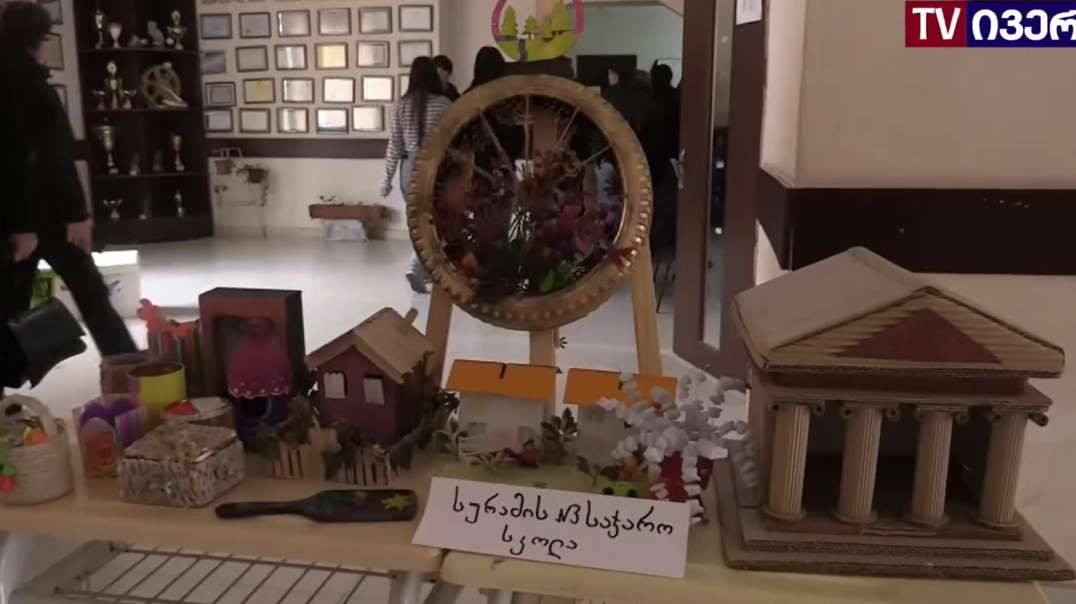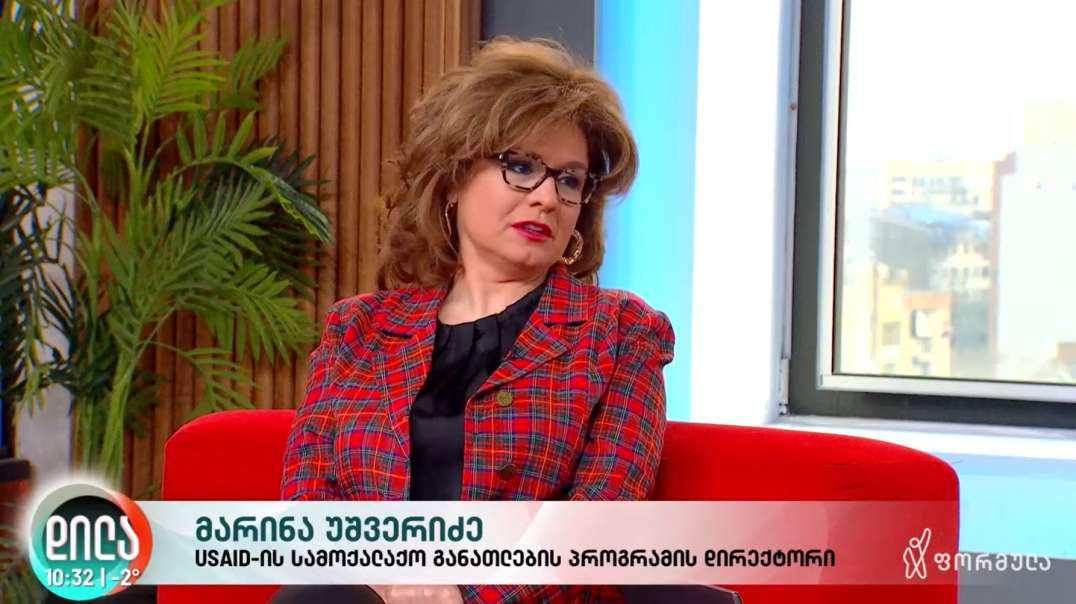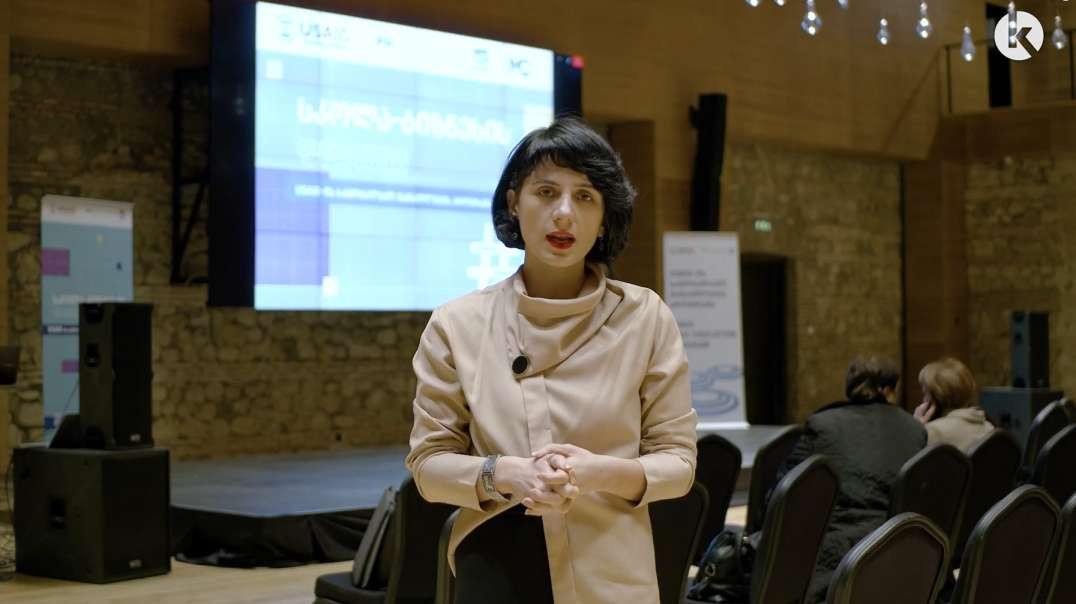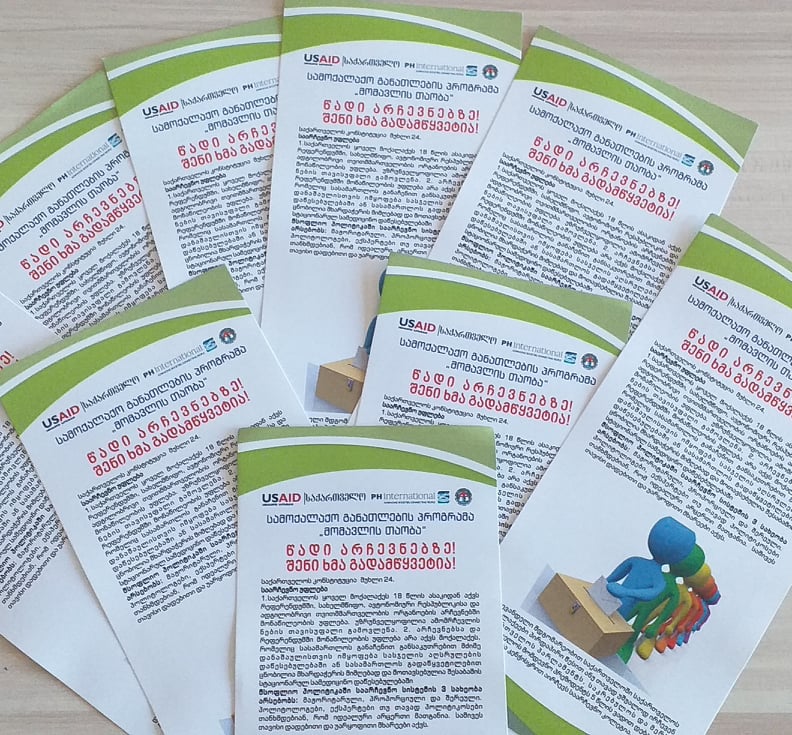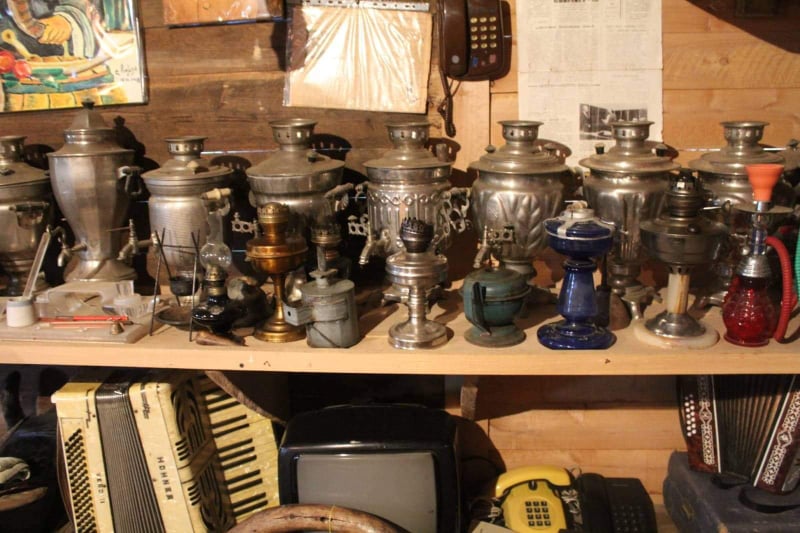Nona Pipia, Tbilisi Public School #181
I am Nona Pipia, a civic education teacher at the Public School #181 and a head of the club Nusi. I have been teaching civic education since 2006. Initially, there were certain problems associated with teaching this subject as a new thing – it was not taught by professional teachers, neither was there any teaching methodology and this is why the civic education was regarded a secondary subject at schools. On this background, and with the purpose of promoting the subject and enhancing the teacher qualification, the Applied Civic Education and Teacher Training Program was very important, which is implemented by the PH International with financial support of the United States Agency for International Development. The Consultation and Training Center (CTC) is a partner organization to this program, which regularly offers trainings to the teachers involved in the program. These trainings are usually held by Georgian and foreign experts with the purpose of professional development of teachers.
The very first training program that I attended was “Teaching the Democratic Citizenship”. For me the project-based teaching was a novelty at that time, and so were the teaching methodology and evaluation methods. It was also very interesting to get better familiar with the essence and goals of the subject, also the civic engagement and school’s role in democratic development. Every day of the training was busy and loaded with new developments. Application of knowledge gained at the training was also important for club activities as well, and it resulted in implementation of many projects and new initiatives.
Second training seminar, which I attended within the frameworks of the program, was held by the American trainers Jim Bertiom and Catherine Caldwell. This was about getting familiar with the methodology that is well known in the US: Learn and Teach by Community Activity. Two days of the training were very interesting, busy and enjoyable. The very first thing that stayed in my mind after this training was – “open each other’s eyes”. It means problem identification, research, decision-making and planning-assessing the project. Now the students are themselves involved in all this. While carrying out these initiatives, our club addressed the local government twice, presented a research about the current problem and got respective feedback from them.
I regularly attend regional activities within the frameworks of the program – exhibition-conference of the Civic Teachers’ Forum, roundtable and open lessons in civic education. Consequently, I met my colleagues from Tbilisi and regions, which is the best possibility for sharing experience to one another.

